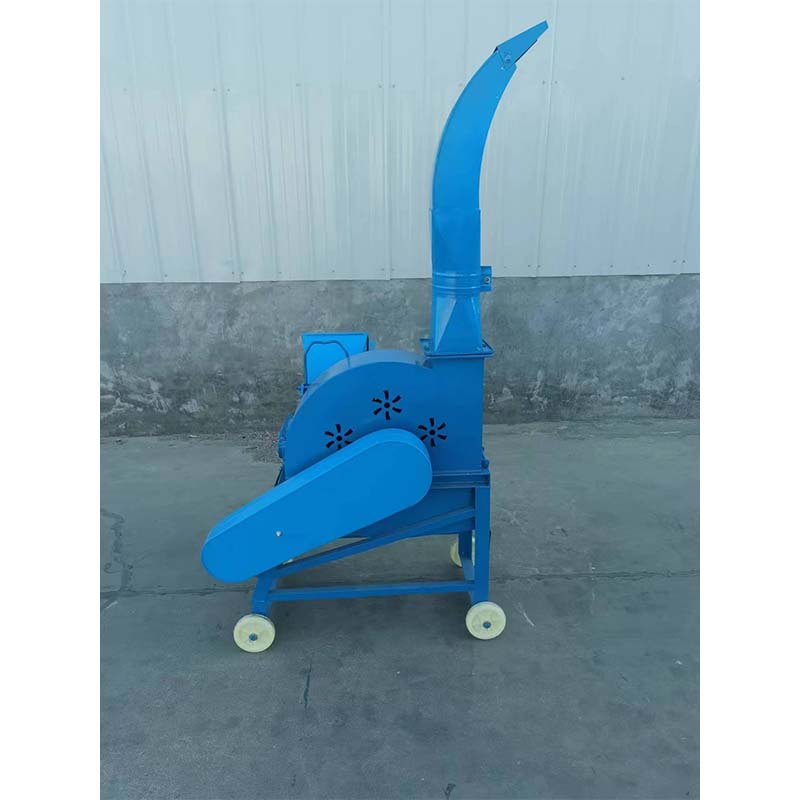Effective Cleaning Solutions for Poultry House Washers to Ensure Total Hygiene
Dec . 15, 2024 01:34 Back to list
Effective Cleaning Solutions for Poultry House Washers to Ensure Total Hygiene
The Importance of Poultry House Washers
Maintaining a clean environment in poultry houses is crucial for the health and productivity of the birds. With the increasing scrutiny on animal welfare and food safety, poultry producers are more aware than ever of the potential risks posed by inadequate cleaning practices. This is where poultry house washers play a vital role.
What Are Poultry House Washers?
Poultry house washers are specialized cleaning machines designed to effectively wash and sanitize poultry housing facilities. These machines use high-pressure water, often combined with detergents and disinfectants, to eliminate dirt, waste, and pathogens from surfaces. The efficiency of these washers not only reduces the labor involved in cleaning but also ensures that the poultry houses meet stringent sanitation standards.
Key Features of Poultry House Washers
1. High Pressure and Adjustable Nozzles Poultry house washers typically operate at high pressures, which enables them to dislodge stubborn dirt and grime. The adjustable nozzles allow operators to customize the water flow for different surfaces and cleaning needs, ensuring that every nook and cranny is reached.
2. Ergonomic Design Many modern poultry house washers are designed with ergonomics in mind. This makes them easier to operate over long periods, reducing physical strain on workers. Features such as adjustable handles and lightweight construction can significantly enhance usability.
3. Water Recycling Systems Some advanced models include water recycling capabilities, which help conserve water and reduce operational costs. These systems filter and reuse water, making the cleaning process more environmentally friendly.
4. Compatibility with Detergents Poultry house washers often have systems that allow for the use of specific detergents and disinfectants that are effective against the pathogens commonly found in poultry environments. This ensures a more thorough cleaning and sanitization process.
poultry house washers

Benefits of Using Poultry House Washers
1. Improved Biosecurity Clean poultry housing can significantly reduce the risk of disease outbreaks. Pathogens such as Salmonella and Avian Influenza can thrive in dirty environments. Poultry house washers help ensure that the housing is sanitized, thus fostering better biosecurity measures.
2. Increased Productivity Healthy birds are more productive. By maintaining cleanliness, poultry house washers help ensure that birds are not stressed by overcrowded or unsanitary conditions. This can lead to better growth rates and higher egg production.
3. Labor Efficiency Traditional cleaning methods can be labor-intensive and time-consuming. Poultry house washers automate much of the cleaning process, allowing workers to focus on other important tasks. This efficiency can lead to cost savings and a better allocation of labor resources.
4. Compliance with Regulations Many regions have specific regulations concerning the cleaning and sanitation of livestock facilities. Using poultry house washers helps producers comply with these regulations, avoiding potential fines and ensuring market access.
5. Enhanced Sustainability With growing concern over environmental impact, the use of water-recycling poultry house washers contributes to sustainable farming practices. By minimizing water usage and chemical runoff, producers can lessen their ecological footprint.
Conclusion
In conclusion, poultry house washers are indispensable tools in modern poultry farming. They enhance biosecurity, increase productivity, and streamline labor-intensive cleaning tasks. As the poultry industry continues to face challenges related to health, welfare, and environmental sustainability, the importance of effective cleaning solutions like poultry house washers will only grow. Investing in efficient cleaning technology not only benefits the health of the birds but also contributes to the overall success of poultry operations. As technology continues to evolve, we can anticipate even more innovations in cleaning processes that will further enhance the welfare and productivity of poultry farming.
-
Hot Sale 24 & 18 Door Rabbit Cages - Premium Breeding Solutions
NewsJul.25,2025
-
Automatic Feeding Line System Pan Feeder Nipple Drinker - Anping County Yize Metal Products Co., Ltd.
NewsJul.21,2025
-
Automatic Feeding Line System Pan Feeder Nipple Drinker - Anping County Yize Metal Products Co., Ltd.
NewsJul.21,2025
-
Automatic Feeding Line System - Anping Yize | Precision & Nipple
NewsJul.21,2025
-
Automatic Feeding Line System - Anping Yize | Precision & Nipple
NewsJul.21,2025
-
Automatic Feeding Line System-Anping County Yize Metal Products Co., Ltd.|Efficient Feed Distribution&Customized Animal Farming Solutions
NewsJul.21,2025






